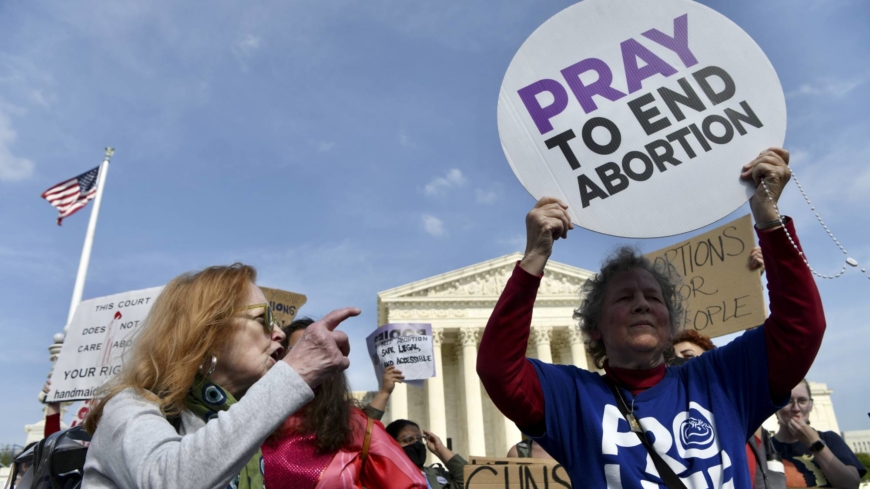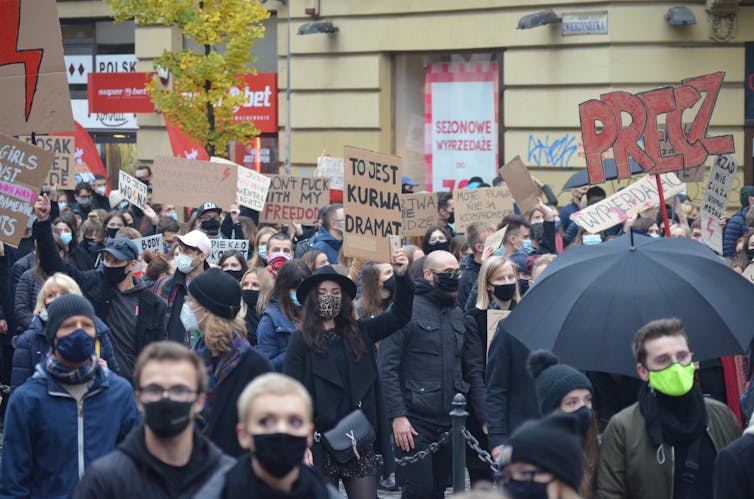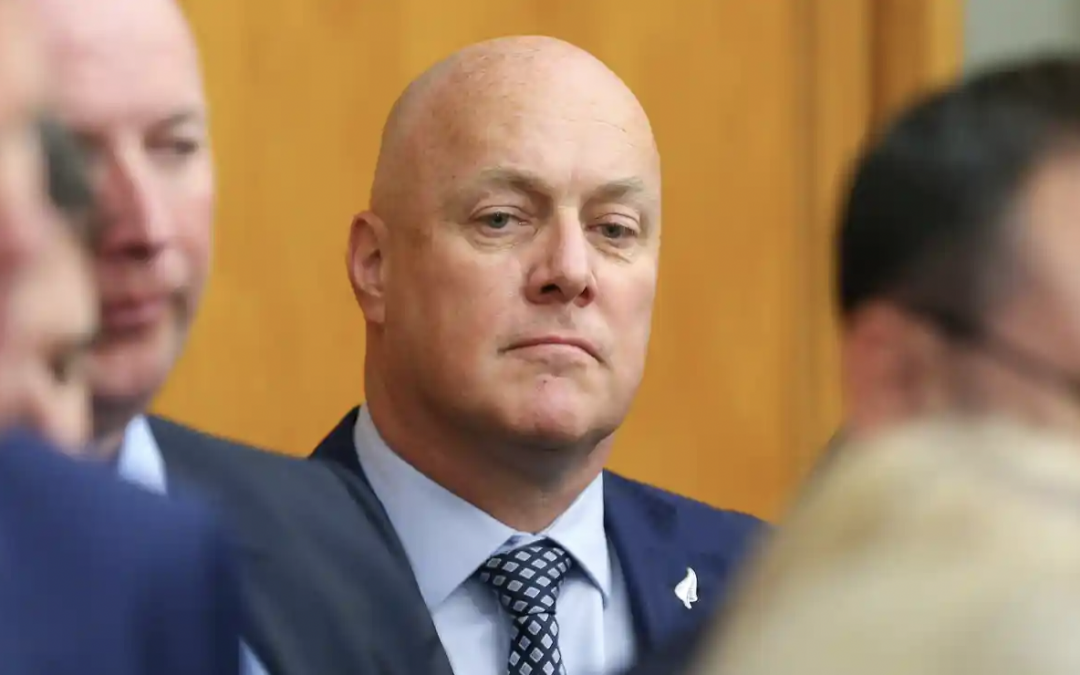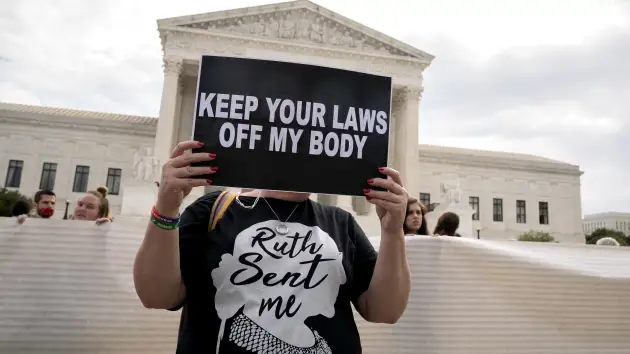
Burning Down the House
by Terry Bellamak
Back in May, when the US Supreme Court decision in Dobbs v Jackson was leaked by persons unknown, the world thought such treachery was unprecedented in US history. It turns out we were wrong.
The Rev Bob Schenck, a former anti-abortion leader turned whistle-blower, disclosed to Chief Justice Roberts (and now to the New York Times) that in 2014 Justice Alito leaked the results of the Burwell v Hobby Lobby decision to Schenck’s agents, whom he called “stealth missionaries.” The leak gave Schenck and other conservative parties with an interest in the decision a head start on their public relations work.
This revelation throws unexpected light on the Dobbs leak. At the time, astute court watchers speculated radical conservatives on the court leaked the decision to lock in Chief Justice Roberts’s yes vote and to prevent his persuading other justices to water it down.
The justice with the most to gain by such a move was Justice Alito himself, who wrote the decision. Given his alleged form in this area, he now appears to be the prime suspect in the May leak.
Both the leak and the Dobbs decision itself have brought the US Supreme Court into unprecedented disrepute. It has reinforced the prevailing perception of the court as a haven for partisan right-wing hackery. Even the lower courts have joined in the criticism, as did Judge Robert CI McBurney of the Superior Court of Fulton County in Georgia, in a pithy footnote to his decision in Sistersong Women of Color Reproductive Justice Collective v State of Georgia:
Despite its frothy language disparaging the views espoused by previous Justices, the magic of Dobbs is not its special insight into historical “facts” or its monopoly on constitutional hermeneutics. It is simply numbers. More Justices today believe that the U.S. Constitution does not protect a woman’s right to choose what to do with her body than did in that same institution 50 years ago. This new majority has provided our nation with a revised (and controlling) interpretation of what the unchanged words of the U.S. Constitution really mean. And until that interpretation changes again, it is the law.
What can you do when an institution that has no effective oversight becomes politicised? And loses not only the appearance of impartiality, but the reality as well?
If Alito is the culprit, he might as well be on a mission to destroy the Roberts court, or even SCOTUS itself. He’s like an arsonist in a house made of straw.




